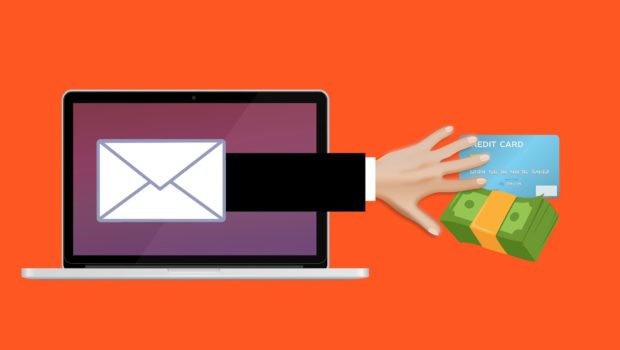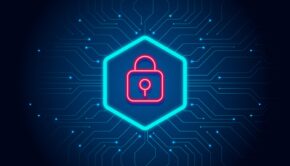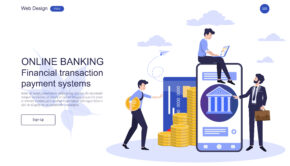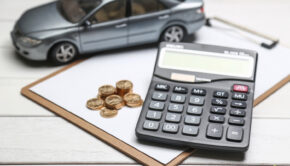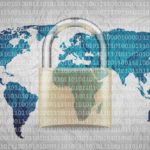4 ways to keep your money safe online
We’re increasingly shopping and banking online these days. We’re also even looking online for money-making side hustles (from second jobs through to, as Free Money demonstrates, online paid surveys) to supplement our incomes.
While it’s convenient, it does mean we need to take measures to stay safe so that we get all of the benefits of life online without suffering from any of the risks.
Here’s how to have peace of mind when it comes to keeping your money safe online.
Use a unique password
Whether money is being handled or not, when making an account online you should always use a unique and strong password. This means you shouldn’t have the same password for your Facebook and your online bank account. We know you have many passwords to try to remember but it’s not worth risking getting hacked.
Once one password has become accessible, hackers can then use it for a number of accounts which have the same login details – or they might be able to access personal data that compromises your financial security.
These are some things to consider when it comes to making a strong password:
- Make it long: Eight characters is a good length
- Include special characters: Try to incorporate special characters – such as replacing the letter ‘a’ with ‘@’ – and try to avoid just sticking an ‘!’ at the end
- Use a mix of lowercase and uppercase: Don’t just have the capital letter at the beginning either, throw in the odd one in the middle
- Avoid using personal details: Don’t use any obvious names of people that can be easily guessed
- Avoid common passwords: ‘Password123’, ‘123456’, or ‘Hello!’ will be easily cracked.
Use public Wi-Fi safely
As smartphones boomed so did public Wi-Fi to help people to connect to the internet on the go. How many times have you sat down in a coffee shop and had the option to join the Wi-Fi? While you may think this is good thanks to saving your phone data usage, it’s not the sort of connection you should be using to conduct financial transactions. It’s also recommended that you use a VPN when using public Wi-Fi if possible.
Beware of phishing
This is something to be wary of if you have an email account. Phishing is where a hacker will send you an email which asks you to click a link and submit some personal information. Sometimes these are more obvious to spot. For example, if you receive an email which states it is from your bank but has the logo of a business you don’t bank with – you know that’s a false email. However, sophisticated hackers can impersonate companies you are a customer of and can look legitimate.
Here are our top tips on avoiding phishing scams:
- Look for mistakes: Are there any mistakes or errors in the email such as spelling? Is Halifax, for example, spelt Holifax? These little errors are a big sign that something isn’t right.
- Who has the email been addressed to?: Does the email say ‘Hello [your name]’ or does it say something generic? Fake emails usually fail to identify you.
- Does it sound threatening?: If it is scaremongering such as “your payment has failed, follow this link to activate your account within one week to avoid fees” it’s almost certainly fake. If you are worried, contact the bank/company separately and don’t reply.
- Is it asking for personal details?: Banks and other places which require personal information will never ask for your details. As above, if you doubt anything, don’t click any links and call the official phone number from the business’ website instead.
Keep your devices updated
Whether you have a smartphone, tablet or laptop, you should ensure it is always updated with the latest security software. Companies such as Apple regularly release security updates to keep its users protected – and software patches iron out issues and close up loopholes and security concerns.

